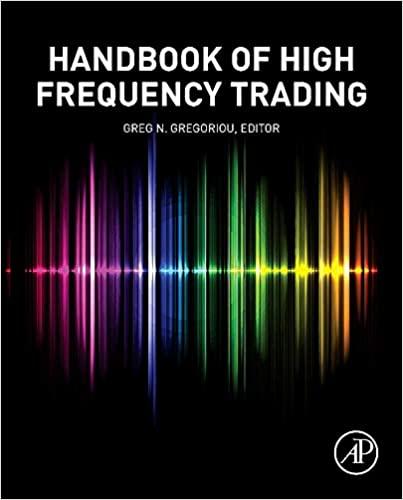Answered step by step
Verified Expert Solution
Question
1 Approved Answer
respond to: The international capital structure refers to the mix of debt and equity financing that a multinational company uses to fund its operations in
respond to: The international capital structure refers to the mix of debt and equity financing that a multinational company uses to fund its operations in different countries. It is important to carefully consider the capital structure when operating globally, as it can have a significant impact on the company's cost of capital, financial flexibility, and overall risk profile.
When working with cash, credit, and inventory management, there are several risks to consider. For example, managing cash flows effectively is crucial to ensure that the company has enough liquidity to cover its operational expenses and capital investments. Credit management involves assessing the creditworthiness of customers and suppliers to minimize the risk of nonpayment or default. Inventory management is important to prevent stock outs or overstocking, which can impact cash flows and profitability.
When discussing strategies for financing a foreign operation, there are several risks to consider. These may include currency risk, political risk, regulatory risk, and legal risk. Currency risk refers to the risk of fluctuations in exchange rates impacting the company's financial performance. Political risk can arise from changes in government policies or political instability in the host country. Regulatory risk refers to the risk of noncompliance with local regulations, which can lead to fines or other penalties. Legal risk refers to the risk of facing legal challenges or disputes in foreign jurisdictions.
From a Christian worldview perspective, the Bible teaches principles such as being a good steward of resources, avoiding debt, and being honest in financial dealings. The Bible discourages excessive debt and warns against becoming enslaved to lenders. Proverbs : states, "The rich rule over the poor, and the borrower is slave to the lender." Additionally, Romans : states, "Owe no one anything, except to love each other." On the other hand, multinational companies often leverage debt to finance their operations and fuel growth. This can involve taking on significant amounts of debt to fund expansion, make acquisitions, or invest in new projects. While debt can be a useful tool for companies to achieve their goals, it can also come with risks, such as financial instability and increased vulnerability to economic downturns.
From a Christian perspective, there may be a conflict between the principles of being debtfree and avoiding financial bondage, and the business practices of leveraging debt for growth and expansion. While taking on debt may be necessary for a company to grow and succeed in a competitive market, it is important for companies to be mindful of the risks and to manage debt responsibly. In navigating this tension, multinational companies can seek to apply biblical principles of stewardship, honesty, and wise financial management in their decisionmaking around debt. This may involve being prudent in taking on debt, ensuring transparency and integrity in financial dealings, and prioritizing the longterm sustainability of the business over shortterm gains.
Step by Step Solution
There are 3 Steps involved in it
Step: 1

Get Instant Access to Expert-Tailored Solutions
See step-by-step solutions with expert insights and AI powered tools for academic success
Step: 2

Step: 3

Ace Your Homework with AI
Get the answers you need in no time with our AI-driven, step-by-step assistance
Get Started


